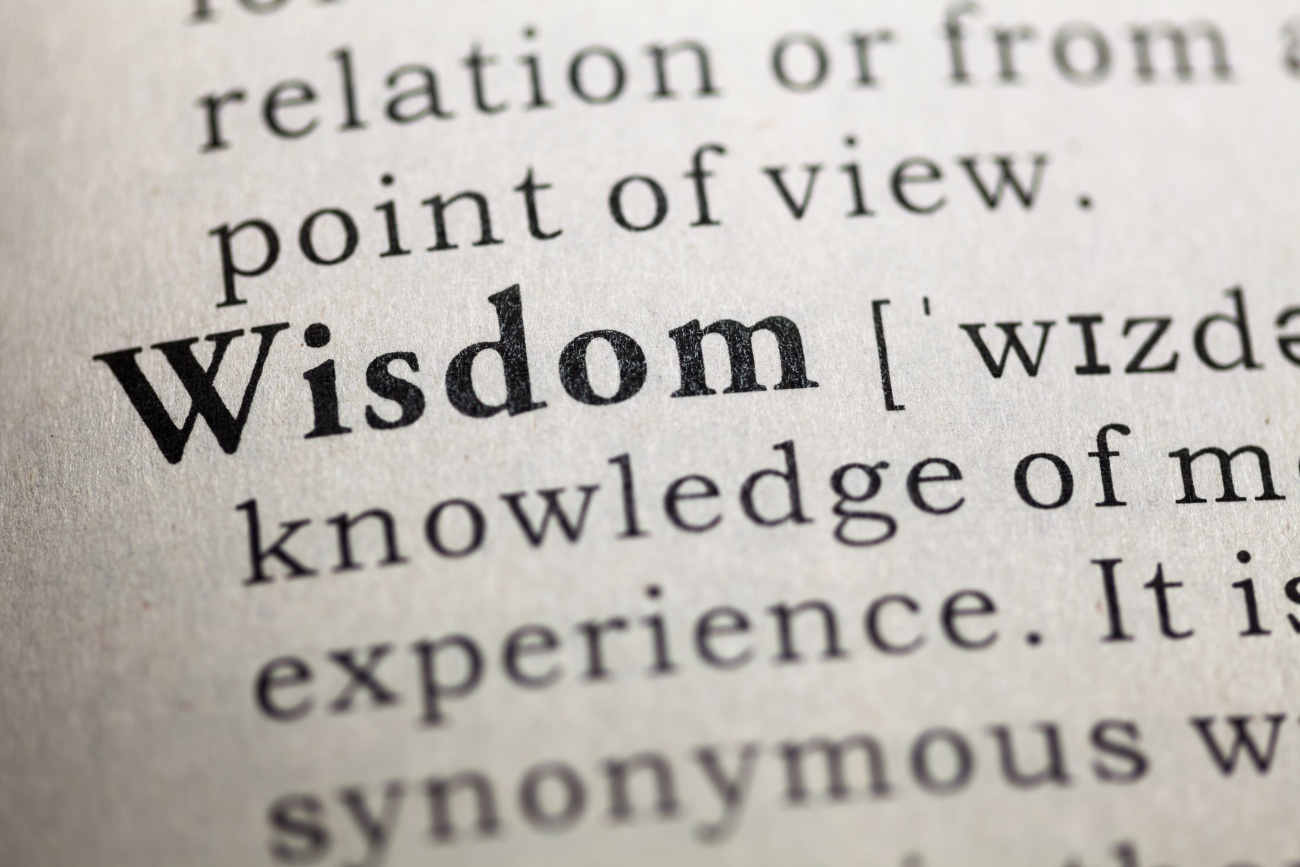A virtuous life is a life well lived. Given the times we live in, though, the idea of such a life is often seen as quaint, old-fashioned, or even wimpy, if it is thought about at all. The word “virtue” is antithetical to everything that is lifted up as “good” today. A virtuous life is an in-your-face contradiction to the relativistic principles of our times. And the consequences of the denial and the loss of virtue can be seen all around us.

A little education is helpful here. Let us define some terms. A virtue is a habit, a firm disposition to do good. What is a habit? It is something that is consciously practiced over and over again until it becomes so ingrained that one no longer has to think about it, it simply has become part of one’s character, part of who one is and what one does. There are two kinds of habits; good and bad. Good habits are those that are always oriented toward what is objectively good. These kinds of habits are called virtues. Those behavior patterns that we develop consciously or unconsciously over time that are detrimental to our health or well-being, that arise out of a lack of self-control, are called vices.
Ok, then, how are the virtues acquired? The first need is that they must be taught and learned. Unfortunately, in today’s environment, they are not taught, indeed they are often ridiculed. Christian parents have a challenging and difficult, dual duty here, both to know and to develop virtuous habits in themselves and, then, by word and deed to teach them to their children. Christian parents are never alone in this effort. They have the teachings of the scriptures, the Church, and the Church community for support and encouragement. We practice the virtues in order to forge character in ourselves and in our children. Why? Because it is the way to live a good life, that is, a moral life and a good life is the principle means for pursuing happiness. So what are some of the Christian virtues that we want to teach and pass on?

Prudence is a necessary virtue for living a good life. It disposes our God-given gifts of reason and intellect to discern what is really and truly good in every circumstance and then to choose the right means to achieve the good. As Augustine put it, “Prudence is right reason and right action.” This is not to be confused with timidity or fear, or with duplicity. Prudence guides all the other virtues. It guides the judgment of the conscience. With it we can see and apply the moral questions in particular experiences without error. It helps us to overcome doubts about what is good to pursue and achieve, versus what is evil. Can you see, then, why it is necessary to educate ourselves constantly, by reading the scriptures, studying the teachings of the Church, prayer, and getting the counsel of others?

Another virtue that helps us lead Christ-like lives is fortitude, or courage. This virtue makes us firm in the face of difficulties, and constant in our pursuit of all that is objectively and really good. It strengthens our resolve to resist the worldly temptations like pride, greed, envy, anger, lust, gluttony, and sloth, otherwise known as, the seven deadly sins. This virtue enables us to conquer fear, to face the great and small trials that inevitably come into our lives. With fortitude, courage, we can find the will even to sacrifice our own lives in a just cause.
Jesus is our model of this virtue, too. “In the world you have tribulation; but be of good cheer, I have overcome the world,” John 16:33. It is the virtue that is the foundation of moral maturity and character, that is, self-discipline, or self-control. This virtue is sorely needed in the world today. Christ has called us, as baptized Christians, to live the Gospel life courageously in a world that despises and attacks it every day. He wants us to be heroes, to be bold enough to shed the light of Christ into a world gone dark with rebellion and disorder.

The virtue of justice consists in a constant and firm will to give to God and to our neighbor what is due them. We are just toward God when we practice the faith in the manner that he has called us to live it in the world, through his Son, Jesus Christ. We are just to our neighbor when we treat them as we would treat ourselves, out of the recognition of, and respect for, their infinite, transcendent, God-given dignity. This virtue gives us the means to live out the Two Great Commandments: To love God with our whole hearts, minds, and strength, and our neighbor as ourselves. What the world calls justice today, generally has less to do with the virtue of justice, and more to do with the primitive vice of “an eye for an eye, a tooth for a tooth”. Jesus, the Son of God, teaches a very different justice: Love your enemy, and pray for those who persecute you” Mt.5:43-45. “Father, forgive them for they know not what they do” Lk. 23:34. And to the thief on the cross next to him, “This day you will be with me in Paradise” Lk. 23:43.
Jesus has called us to be his disciples and has commissioned us to “be perfect as the Father is perfect” Mt. 5:48. We are called to live virtuous lives in a vice-ridden world, just as Jesus did. The world is in deep need for we Christians to really practice what we preach. And Jesus promised us that he would be with us in this effort “until the end of the age”. It is never too late to get started on the virtuous life.
SKM: below-content placeholderWhizzco for FHB

